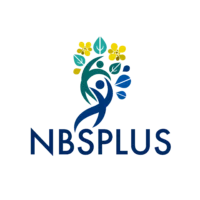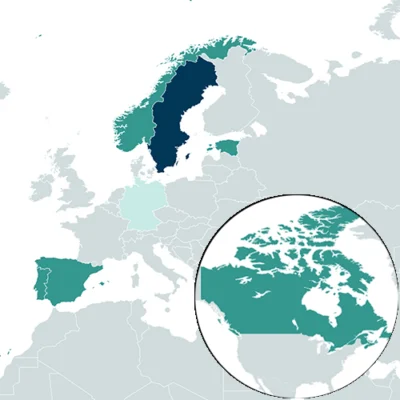
NbS services promoting local biodiversity, well-being and scalable solutions
Call
Duration
01/01/2025 – 31/12/2027
Total grant
Approx. 1.4 mil. €
More information
Ursula S. McKnight, ursula.mcknight@smhi.se
Partners of the project
- Hydrology Research Unit, Swedish Meteorological and Hydrological Institute, Norrköping, Sweden
- Center for Innovation in Territory, Urbanism, and Architecture, Department of Civil Engineering, Architecture and Environment, IST-ID,Association of the Superior and Technical Institute for Research and Development, Lisbon, Portugal
- Section for Freshwater Ecology, Norwegian Institute for Water Research, Oslo, Norway
- Institute of Water and Environmental Engineering, Polytechnical University of Valencia, Valencia, Spain
- Biodiversity Research, Institute of Biodiversity – Network, Regensburg, Germany
- Sustainable Cities and Resilient Community Programme, Stockholm Environmental Institute – Tallinn Centre, Tallinn, Estonia
- Department of Bioresource Engineering, McGill University, Sainte Anne de Bellevue, Canada
Biodiversity Research, Institute of Biodiversity – Network, Regensburg, Germany - Built Environment, System Transition, Industrial Transition, RISE Research Institutes of Sweden, Gothenburg, Sweden
- Department of Environment, Malmö City, Malmö, Sweden
- Biodiversity Research, Institute of Biodiversity – Network, Regensburg, Germany

Context
Human-induced climate impacts and biodiversity loss severely impact ecosystems and communities globally. Holistically designed NbS offer cost-effective, multifunctional measures safeguarding biodiversity, enhancing water cycle sustainability and promoting well-being. However, understanding of factors affecting NbS multifunctionality remains limited, along with a lack of integrated assessment methods and standardization, including baselines for NbS benefits. Existing services typically prioritize sector-specific products/outcomes, impeding the advancement of transdisciplinary NbS approaches.
NBSPLUS aims to overcome these limitations, launching the concept of NbS Services. It will develop user-oriented knowledge, methods, and decision aids to facilitate informed planning, addressing societal risks and potential trade-offs of current/future NbS. Leveraging diverse expertise within the consortium, from governance processes to participatory modelling approaches and climate/water services, and through engagement with local stakeholders, novel solutions will be developed and tested in three use-cases on two continents, demonstrating applicability across land-use types and decision frameworks.
Main objectives
Addressing the contribution of NbS for just transformative change, NBSPLUS will develop and upscale effective participatory planning for NbS, promoting balanced awareness and consideration of biodiversity, justice and well-being aspects in rural and urban climate resilience planning.
Main activities
NBSPLUS will employ a suite of transdisciplinary approaches, applied with an integrated systems science lens, engaging stakeholders (including marginalized groups) and using citizen science (CS), to integrate and upscale local knowledge for transformational interventions. The main activities include to:
- Develop a multi-level governance framework to assess the aims, effectiveness and social-ecological impacts of NbS, also accounting for societal equity/justice;
- Explore the value of novel bioindicators, and potential for collection through CS approaches, to develop a habitat-overarching biodiversity monitoring framework for assessing the ecological consequences of NbS adaptation;
- Stress-test NbS efficacy to resolve land-use and climate-induced pressures through co-production of novel design (extreme weather) events and integration into existing impact models;
- Co-design scalable, integrated models/tools for increasing transparency and stakeholder engagement in city-to-catchment scale NbS assessments.
These activities will enable the results of the Project to be disseminated via the co-production of a comprehensive design guide for NbS planning and management, as well as through a virtual governance workshop, which generates a pathway for leveraging outcomes beyond the project via a multi-language policy brief.
Project outcomes stemming from the establishment of the NbS Services concept are expected to:
- Promote participatory governance through evidence-based and scalable adaptation planning;
- Improve synergies across local-to-national policy objectives, ensuring NbS will be beneficial for biodiversity and just transformative change; and
- Strengthen adaptive capacity by enhancing science-based decision-making, and transnational cooperation and cross-learning within resilience and disaster risk management and planning.